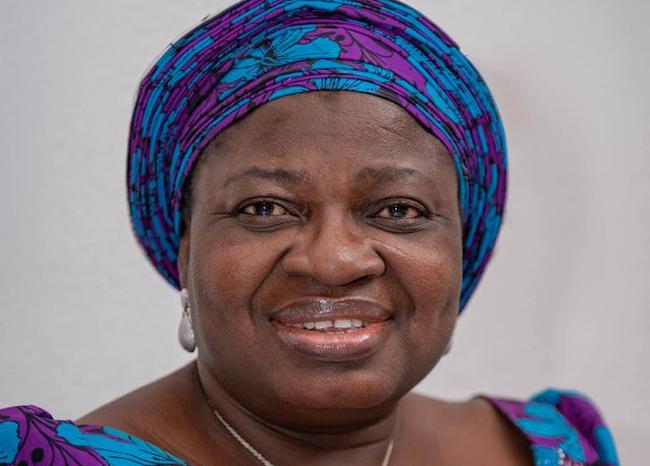The Accountant-General of the Federation, Dr. Oluwatoyin Madein, has introduced new guidelines that exclude third-party research grant funds from the Treasury Single Account (TSA) for Federal Universities and Research Institutions. This decision, communicated through a federal treasury circular in Abuja by the Director of Press and Public Relations, Bawa Mokwa, reflects President Bola Tinubu’s recent approval to exempt these research grants and endowment funds from the TSA policy. The guidelines are to be implemented immediately, providing a framework for the management of these grants outside the standard TSA protocols, fundamentally impacting financial operations at federal educational institutions.
Under the newly established guidelines, Federal Universities and Research Institutions must obtain prior approval from the Accountant-General before establishing accounts with commercial banks specifically for research grants and endowment funds. This measure aims to ensure that such accounts are distinct from other financial operations and are properly overseen. The central tenet of this directive is that while these special accounts can be opened with commercial banks, all other financial activities and accounts related to public funds must remain within the Central Bank of Nigeria’s purview. This delineation is intended to enhance the accountability and transparency of funds specifically designated for research purposes.
Dr. Madein confirmed that a robust framework will support the management of these research grants, as all funds must be substantiated by appropriately executed Memoranda of Understanding (MoUs) between institutions and their respective granting bodies. Her office will maintain a comprehensive and updated list of all research grant and endowment fund accounts established by the institutions in line with the presidential directive, ensuring systematic tracking and oversight. This development points to a growing recognition of the need for specialized financial management frameworks that can address the unique requirements of research funding.
The responsibility for managing these accounts, including the accounting and transaction reporting with the commercial banks, will rest with the Bursary or Accounts Departments of each institution. Importantly, these accounts are designed solely for the reception of grants, prohibiting the handling of any other public funds within them. Dr. Madein has emphasized that these accounts are not operational accounts for regular institutional funding, which is crucial in delineating the use and purpose of these special accounts. This focused approach is expected to streamline the funding process for research projects and facilitate better financial management practices.
In addition to the new guidelines, institutions are required to submit annual returns to the Office of the Accountant-General, including essential documents such as bank statements and reconciliation reports. This requirement is critical for the inclusion of the financial data related to research grants in the government’s General Purpose Financial Statement, aligning with overarching governmental fiscal accountability initiatives. This adds another layer of compliance and oversight, reinforcing the importance of meticulous financial reporting in maintaining the integrity of public funds and enhancing the governance framework surrounding educational funding.
In a connected administrative move, the OAGF has also promulgated operational guidelines regarding the exit of tertiary institutions from the Integrated Personnel and Payroll Information System (IPPIS). Under these new provisions, the payrolls for October 2024 will be processed on the IPPIS platform, while subsequent payrolls for November and December 2024 will transition to be managed by the institutions themselves. The revised payroll will undergo a review by the OAGF’s IPPIS unit and will be processed through the Government Integrated Financial Management Information System. These changes reflect a broader reform in public financial management that seeks to decentralize certain processes while maintaining accountability and oversight through well-defined operational protocols.














